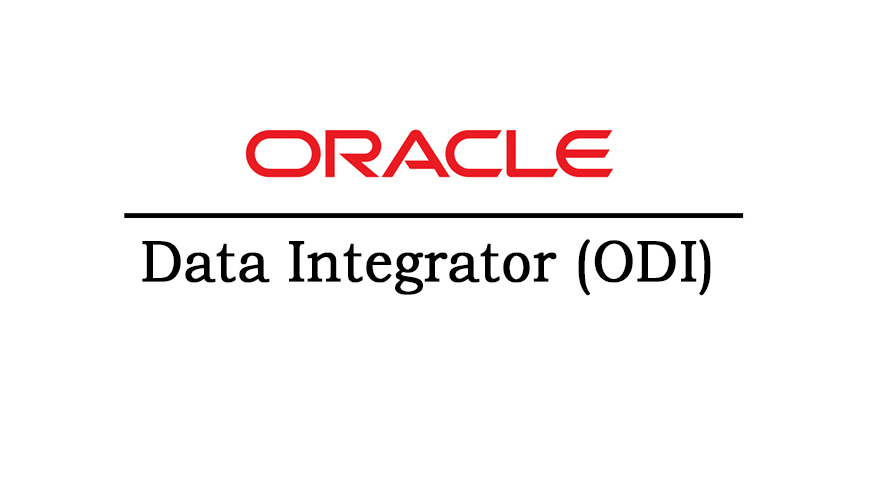In this blog, we’ll delve into the realm of ethical hacking, exploring what it means to be an ethical hacker and the crucial work they perform.
Understanding Ethical Hacking:
Ethical hacking involves the authorized and legal practice of attempting to penetrate computer systems, networks, or applications with the purpose of identifying vulnerabilities and weaknesses. Unlike malicious hackers, ethical hackers use their skills to enhance security rather than exploit it for personal gain. The ultimate goal is to fortify the defenses of an organization or individual against potential cyber attacks.
Key Responsibilities of Ethical Hackers:
-
Vulnerability Assessment: Ethical hackers conduct thorough assessments of systems and networks to identify potential vulnerabilities. This includes analyzing software, hardware, and human factors that could be exploited by malicious actors.
-
Penetration Testing: Ethical hackers perform penetration tests, simulating real-world cyber attacks to evaluate the resilience of a system. This involves attempting to exploit identified vulnerabilities to understand the potential impact and help organizations patch weak points. Ethical hacking course in Pune
-
Security Audits: Regular security audits are a crucial part of an ethical hacker’s job. By reviewing and analyzing security measures, they ensure that all systems and processes adhere to the highest standards of cybersecurity.
-
Incident Response: In the unfortunate event of a security breach, ethical hackers play a vital role in investigating the incident, determining the extent of the compromise, and implementing measures to prevent future occurrences.
-
Security Training and Awareness: Ethical hackers contribute to the education and awareness of employees within an organization. They conduct training sessions to ensure that individuals understand the importance of cybersecurity practices and the potential risks associated with their actions.
Ethical Hacking Methodologies:
Ethical hackers follow a systematic approach to ensure a comprehensive evaluation of security systems:
-
Reconnaissance: Gathering information about the target system or network to understand its architecture, potential vulnerabilities, and points of entry. Ethical hacking classes in Pune
-
Scanning: Identifying live hosts, open ports, and services running on the target system, further narrowing down potential weaknesses.
-
Gaining Access: Attempting to exploit vulnerabilities through various techniques to gain access to the target system or network.
-
Maintaining Access: Once access is obtained, ethical hackers assess the ability to maintain control over the system and escalate privileges.
-
Analysis: Ethical hackers analyze the results of their tests, providing detailed reports outlining vulnerabilities, potential risks, and recommendations for improving security. Ethical hacking training in Pune
Conclusion:
In an age where cybersecurity threats continue to evolve, ethical hackers stand as the guardians of our digital realm. Their commitment to identifying and neutralizing vulnerabilities ensures that our systems, networks, and personal information remain secure. Ethical hacking is not just a profession; it’s a crucial component of the ever-evolving battle against cyber threats, contributing significantly to the resilience of our interconnected world.





